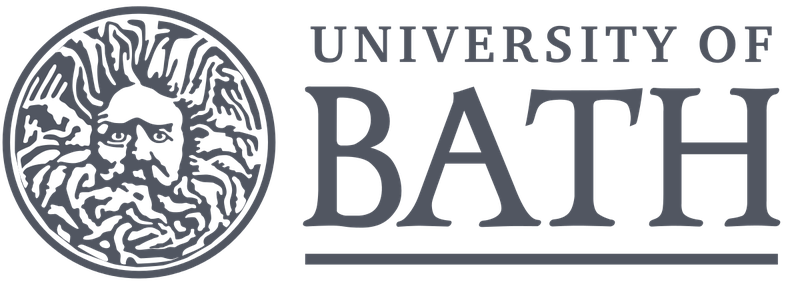Seminario biomecánica. Musculoskeletal modelling and injury biomechanics: challenges and solutions
20/01/2019
Dario Cazzola, profesor al Department for Health de la Universidad de Bath (Reino Unido) hará un seminario a la sala de actos de la EEBE (edificio A) martes día 22 de enero a las 11:30.
Title: Musculoskeletal modelling and injury biomechanics: challenges and solutions
Abstract:
The analysis and understanding of the mechanisms related to specific injuries is a key step in injury prevention research. In fact, such a knowledge allows to effectively inform the design of real world interventions or changes in clinical or sport practice. In the past decades, experimental and computational approaches were often used individually to investigate the external and internal loads experienced at different tissue levels.
The analysis and understanding of the mechanisms related to specific injuries is a key step in injury prevention research. In fact, such a knowledge allows to effectively inform the design of real world interventions or changes in clinical or sport practice. In the past decades, experimental and computational approaches were often used individually to investigate the external and internal loads experienced at different tissue levels.
However, such approaches were often applied to investigate lower limb injuries, and very little is known about how different external loading conditions translate into internal stresses on the spinal structures. This presentation will touch upon the challenges related to the analysis of spinal injury during impact events, and the initial solutions proposed so far. His research group embrace an integrative approach that includes in-vivo and in-vitro experiments combined with musculoskeletal modelling.
The proposed integrative approach provides a novel and more thorough insight into how external loading conditions, muscular activity and body posture affect the internal stresses acting on the cervical spine structures. Dario will provide examples of how such approach has been used to elucidate injury factors related to rugby and show how this framework will be used for future research in the area of impact-related injuries in sports.
Organiza el Simulation and Movement Analysis Lab (SIMMA Lab). La visita se enmarca en un proyecto de colaboración (financiado por la Universidad de Bath) entre el SIMMA Lab (EEBE-UPC) y el grupo CAMERA (Universidad de Bath).

Compartir: